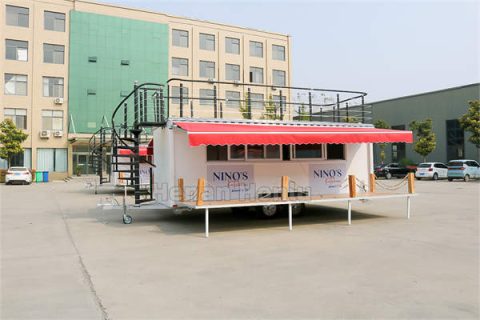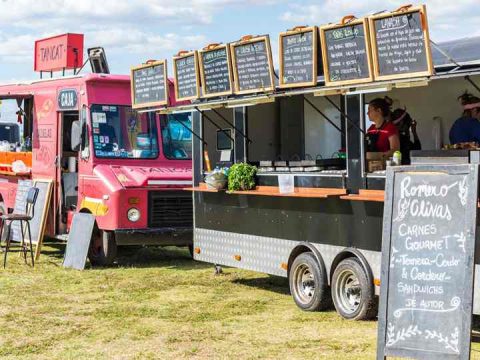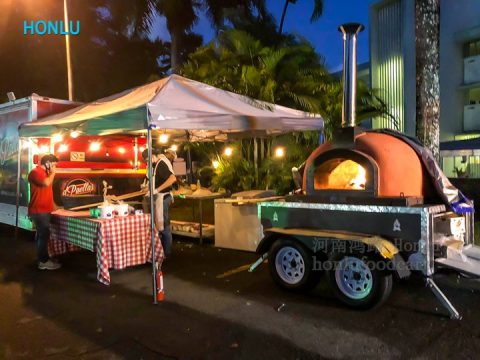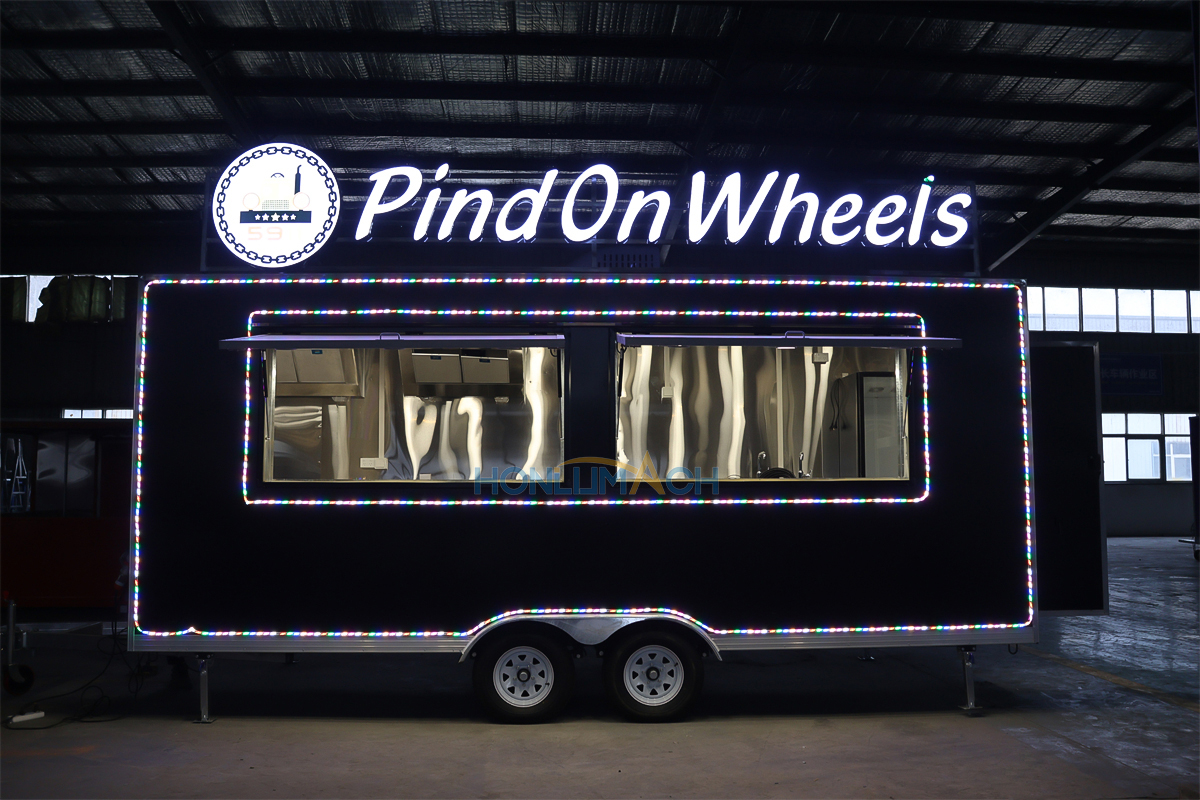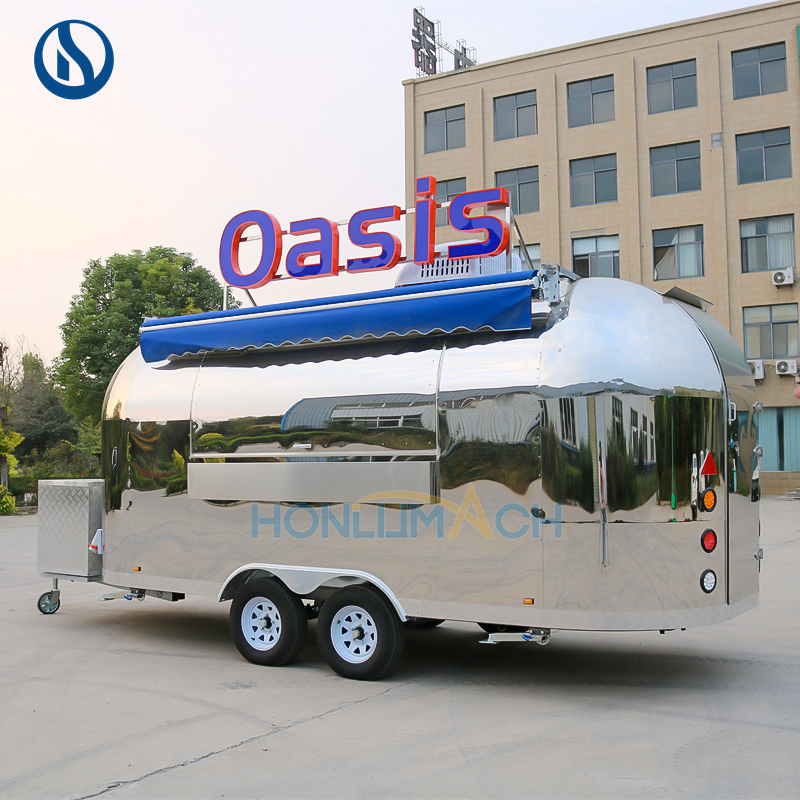Introduction
The food truck industry has evolved dramatically over the past decades. From simple hot dog carts to fully equipped mobile kitchens, the transformation is extraordinary. ( History of Food Trucks – Wikipedia). This article explores how the modern food truck of 2025 will redefine street food using technology to enable mobile ordering, cashless payments and AI recommendations.

A Brief History of Food Trucks
According to Wikipedia, food trucks date back to chuck wagons in the late 1800s. The chuck wagon, a horse-drawn kitchen used to feed cowboys on cattle drives in the late 1800s, is considered a predecessor. Later, lunch wagons and canteen trucks provided meals to workers in urban areas. The modern gourmet food truck scene emerged in the 2000s, with social media playing a key role in its popularity. Today, food trucks cater to everything from tacos to gourmet seafood.
How Modern Food Trucks Are Revolutionizing Street Food in 2025
The modern food trucks of 2025 will revolutionize street food through technology integration, sustainable practices, and innovative menu concepts. They will utilize technology to enable mobile ordering, cashless payments, and artificial intelligence recommendations, while focusing on eco-friendly options and unique themed dishes.
Here’s a more detailed look:
1. Innovative menu concepts:
– Fusion Dishes:
While fusion dishes still exist, there is a growing preference for authentic, globally inspired flavors and dishes, not just novel combinations.
– Hyperlocal Sourcing:
Food trucks are increasingly partnering with local farmers and producers to source fresh, high-quality ingredients.
– Themed food trucks:
Themed food trucks that offer unique concepts (e.g., specific cuisines or dietary preferences) are becoming increasingly popular.
2. Technology integration:
– Mobile Ordering & Payments:
A growing number of food trucks are adopting apps for reservations, cashless transactions, and even membership programs, simplifying the customer experience and increasing efficiency.
– Artificial Intelligence and Data:
Some food trucks are using artificial intelligence systems for inventory management, demand forecasting, and personalized customer recommendations.
– Social Media Marketing:
Food trucks are actively utilizing social media platforms to engage with customers, promote their stores, and showcase their menus to build a strong online presence.
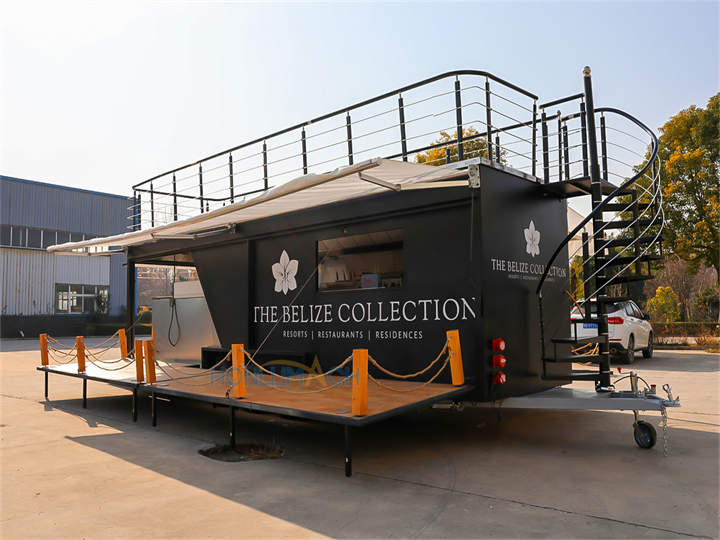
3. Sustainable practices:
– Eco-Friendly Packaging:
With growing concerns about the environment, food trucks are turning to sustainable and compostable packaging options.
– Plant-based and vegan options:
Demand for plant-based and vegan alternatives is growing, and food trucks are offering a wider variety of options.
– Transparency of Ingredients:
Customers are increasingly emphasizing transparency of where ingredients come from and how they are sourced.
4. Growing demand:
– Mobile Dining:
The demand for convenient mobile dining continues to grow, making food trucks a favored option for consumers.
– Cost Efficiency:
Food trucks provide a more affordable entry point for entrepreneurs compared to traditional restaurants, thus driving the growth of the food truck industry.
– Customization:
Modern food trucks can be customized to meet specific needs based on a brand’s unique personality.
Modern food trucks are no longer just providing quick, affordable meals; they are evolving into dynamic, technologically savvy, sustainable businesses that offer diverse and engaging culinary experiences.
Honlu’s Role in The Evolution of Food Trucks
As food trucks became more than just mobile kitchens — evolving into branded experiences, social hubs, and gourmet destinations — Honlu Food Trailer has emerged as one of the leading innovators in this transformation.
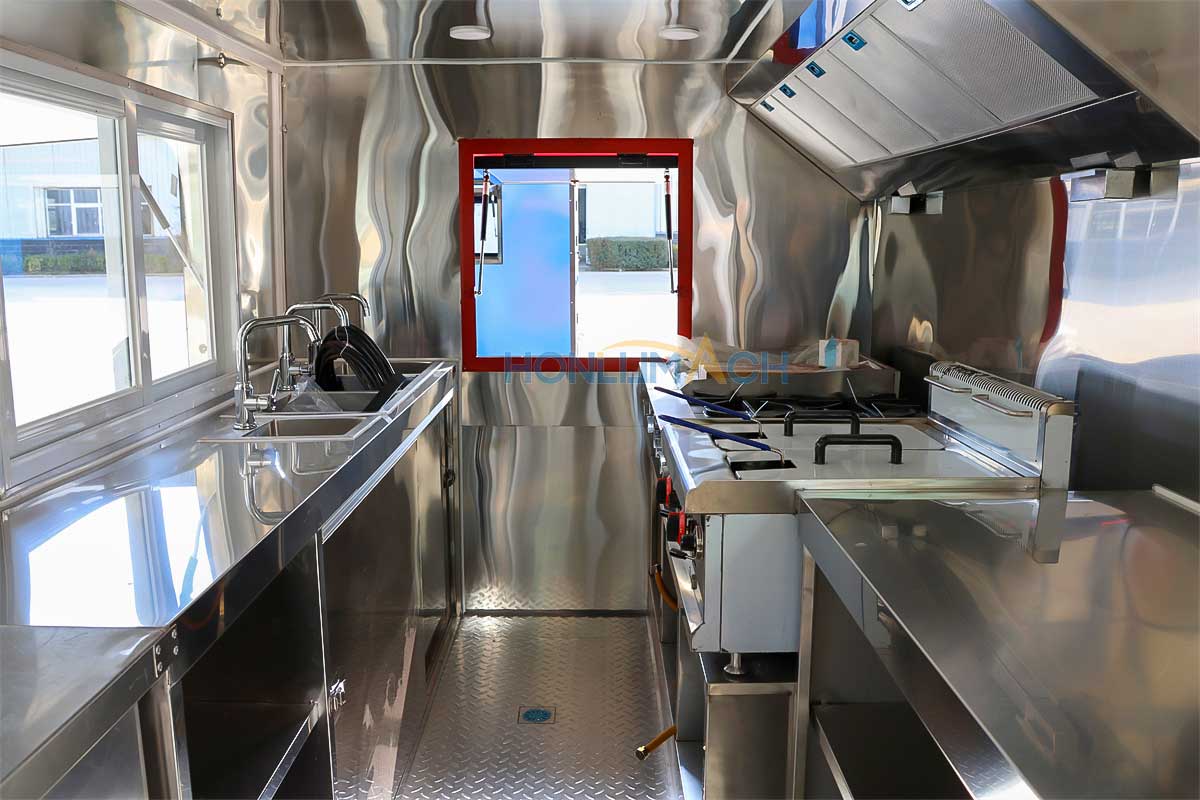
Honlu was founded with a mission to make mobile restaurant entrepreneurship easier and more professional, combining practical functionality with customized design. Our food trucks are more than just transportation; they are fully-equipped mobile restaurants with everything from espresso to BBQ ribs.
Honlu’s designs focus on:
- Efficient kitchen layout: Optimized workflow for fast service.
- Regulation compliance: Built to meet health and safety codes in the U.S., Europe, and beyond.
- Brand customization: Exterior wrap designs, signage, and lighting that make your brand stand out.
- All-weather durability: Robust insulation, ventilation, and materials for long-term use.
The needs of food truck operators have changed dramatically over the past decade. They crave branding, social media integration, smart energy systems, and digital POS compatibility. Honlu leads the industry with its customized builds and global delivery services, serving customers in more than 40 countries.
Conclusion
Food trucks are more than a trend — they’re a cultural shift. With Honlu, you’re not just buying a trailer — you’re joining a global movement of mobile chefs, creators, and culinary risk-takers redefining how and where we eat. Contact us to design your custom trailer.

